The Jelly Bean
WRITTEN BY:
F. Scott Fitzgerald
NARRATED BY:
Michael Scott
The Jelly Bean is a short story written by F. Scott Fitzgerald that was first published in the literary magazine “The Metropolitan” in the May 1920 issue. It was later included in his 1922 collection of short stories, Tales from the Jazz Age. The Jelly Bean follows the life of Jim Powell, affectionately known as Jelly Bean, in the small town of Tarleton, Georgia. Jelly Bean is a young man who lives a carefree life, spending his days attending parties and socializing with friends. When he falls in love with Nancy, a wealthy young woman engaged to a successful businessman, Jelly Bean becomes obsessed with winning her heart and dreaming of a life of luxury and comfort. However, his dreams are shattered, and he is forced to confront the limitations of his own life and the harsh reality of the world around him. The Jelly Bean explores themes of the conflict between youth and ambition, and class and social mobility, and its enduring relevance has made it an important example of Fitzgerald’s early work and literary legacy.
__________
ThoughtAudio PDF Transcript: TA0131TheJellyBean_FScottFitzgerald.pdf
__________
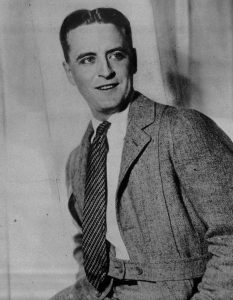 F. Scott Fitzgerald
F. Scott Fitzgerald
F. Scott Fitzgerald was an American novelist, short story writer, and essayist who was born in St. Paul, Minnesota in 1896. He is considered one of the greatest American writers of the 20th century and is known for his novels, such as “The Great Gatsby” and “Tender Is the Night,” which explore the themes of the Jazz Age, the Roaring Twenties, and the American Dream. Fitzgerald’s writing is characterized by his vivid prose, his exploration of the complexities of the human psyche, and his examination of social and cultural issues of his time. His life was tumultuous, marked by personal struggles with alcoholism, financial difficulties, and a tumultuous marriage. However, despite these challenges, Fitzgerald’s literary legacy has endured, and his work continues to be celebrated for its beauty, insight, and enduring relevance.

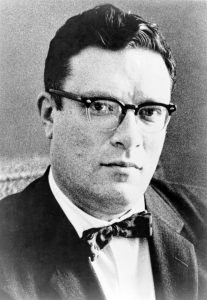 Isaac Asimov
Isaac Asimov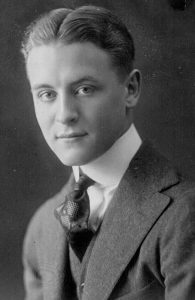 F. Scott Fitzgerald
F. Scott Fitzgerald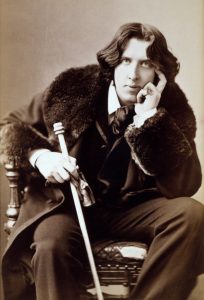
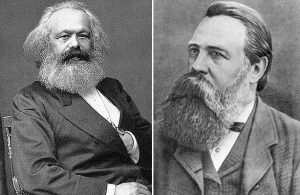 Karl Marx (1818-1883) was a German philosopher, economist, sociologist, journalist, and revolutionary socialist. Born in 1818 in Trier, Germany, he is best known for his ideas about the nature of society and its relation to economics, which form the basis of Marxist theory. Marx’s most famous works include “The Communist Manifesto” (co-written with Friedrich Engels) and “Das Kapital”. He believed that history is shaped by class struggles and that capitalism, which he saw as a system of exploitation, would eventually give way to communism, a classless society in which the means of production are owned and controlled by the workers. Marx’s ideas have had a significant impact on the political and economic landscape of the 20th century, particularly in countries such as the Soviet Union and China.
Karl Marx (1818-1883) was a German philosopher, economist, sociologist, journalist, and revolutionary socialist. Born in 1818 in Trier, Germany, he is best known for his ideas about the nature of society and its relation to economics, which form the basis of Marxist theory. Marx’s most famous works include “The Communist Manifesto” (co-written with Friedrich Engels) and “Das Kapital”. He believed that history is shaped by class struggles and that capitalism, which he saw as a system of exploitation, would eventually give way to communism, a classless society in which the means of production are owned and controlled by the workers. Marx’s ideas have had a significant impact on the political and economic landscape of the 20th century, particularly in countries such as the Soviet Union and China.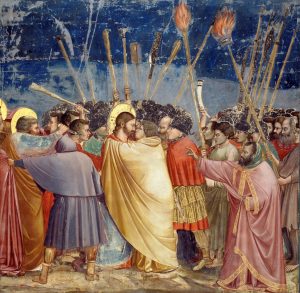
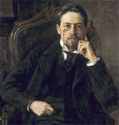
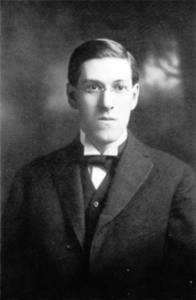 H.P. Lovecraft
H.P. Lovecraft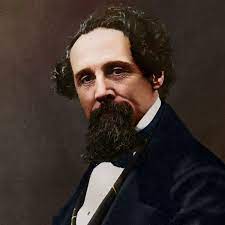 Charles Dickens
Charles Dickens